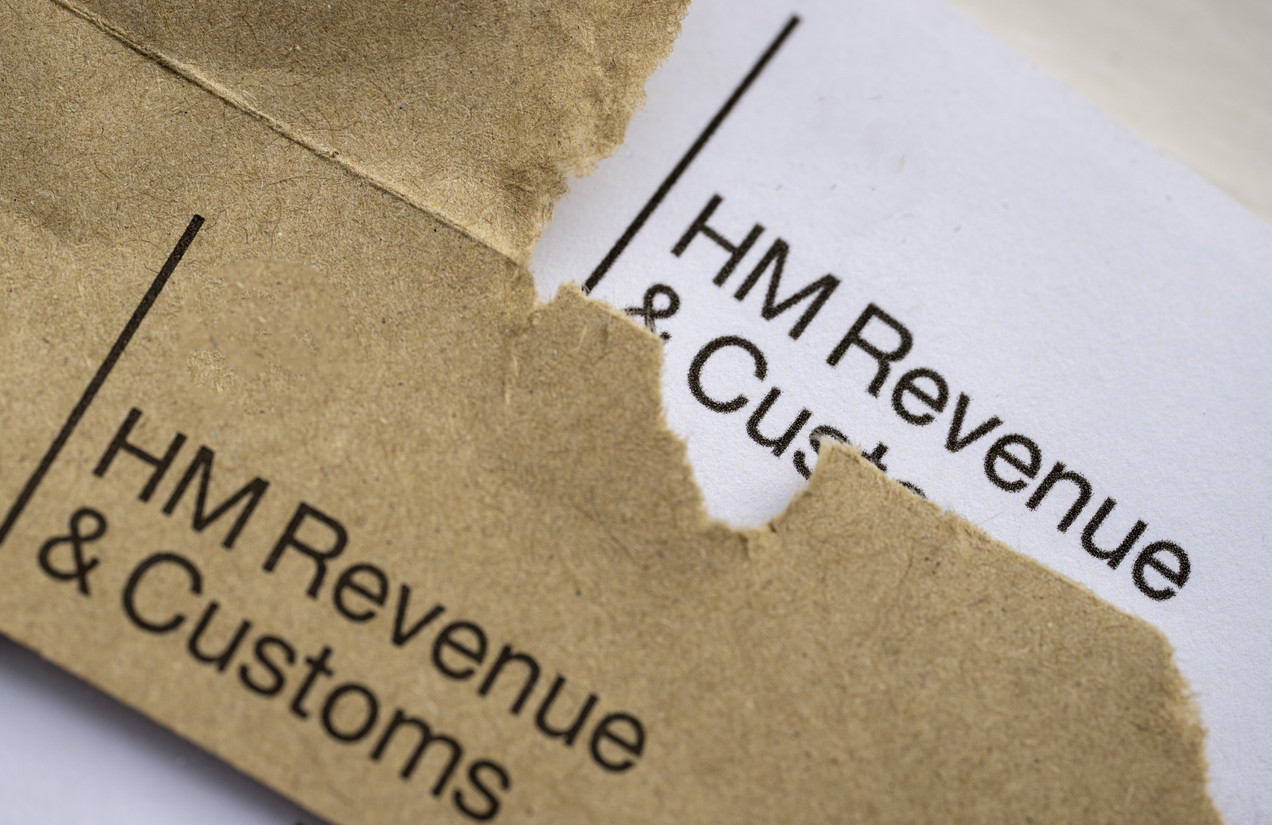
What Happens during a HMRC Tax Fraud Investigation?
April 18, 2023If you are contacted by HMRC regarding a potential tax fraud investigation, or suspect you will soon potentially be investigated for tax fraud, it is essential to seek professional legal advice from a fraud defence solicitor. A specialist fraud defence solicitor can provide invaluable support and guidance throughout the investigation process, ensuring that you understand your rights, obligations, and options. In this article, we will explore the importance of contacting a fraud defence solicitor if contacted by HMRC, and what to expect during an investigation.
What happens during the HMRC Tax fraud investigation procedure?
- Initial enquiry: During this stage HMRC may send an initial letter or make a phone call to the person or business being investigated, requesting further information or documents related to their tax affairs.
- Information gathering: HMRC will gather information about the suspected tax fraud. This may include reviewing financial records, bank statements, and other information which can include looking into your habits and lifestyle for any unusual behaviour. They may also conduct interviews with individuals involved in the suspected fraud. We recommend having legal representation to attend with you to any interviews or meetings.
- Analysis of information: HMRC will analyse the information they have gathered to identify any discrepancies or irregularities in the tax returns or financial records.
- Risk assessment: HMRC will assess the level of risk involved in the suspected tax fraud. This will determine the level of investigation required, and whether criminal or civil proceedings are necessary.
- Criminal investigation: If HMRC uncovers evidence of serious tax fraud, they may launch a criminal investigation. This can lead to prosecution and, if found guilty, imprisonment.
- Civil investigation: If the level of risk is deemed to be lower, HMRC may carry out a civil investigation. This can lead to penalties, including financial penalties and interest charges.
How long will a tax fraud investigation take?
The initial steps of being investigated for tax fraud usually begin 12 months after the tax return due date or when it was filed, whichever came later. This 12-month period allows the owner of the accounts time to make any amendments. Once contact has been made by the HMRC tax fraud investigation you have 30 days to reply, failure to do so could result in further action. We highly recommend contacting a fraud defence solicitor as soon as the initial contact is made. The length of a HMRC tax fraud investigation can vary depending on the complexity of the case, the amount of evidence involved, and the resources available to HMRC. In general, a tax fraud investigation can take from 30 days to several months, stretching to several years in complex cases.
What Business Taxes Does HMRC Investigate?
HMRC has the power to investigate various types of business taxes to ensure that companies are complying with tax regulations and paying the correct amount of tax. If you are investigated for tax fraud, here are some of the main businesses taxes they could look into:
- Corporation Tax
- Value Added Tax (VAT)
- Construction Industry Scheme (CIS):
- Income Tax and National Insurance Contributions (NICs)
- Landfill Tax
- Capital gains Tax
- Insurance premium Tax
- Climate change levels
- Construction industry schemes
What are My Options if I Am Investigated by HMRC?
Once you become aware of a fraud investigation into your tax-related affairs by HMRC, it is crucial to contact a reputable fraud defence solicitor with experience in this area. Share all relevant financial information with them to allow them access to evidence. Your solicitor will advise you on the best course of action, including whether it is in your interest to attend a HMRC interview. If you have evidence to support any discrepancy in your tax return as a genuine mistake, they will likely advise you to share this with HMRC before the 30-day investigation limit expires. If HMRC is pursuing a criminal investigation under Code of Practice 9, you may be invited to use the Contractual Disclosure Facility (CDF) to admit to any deliberate conduct that may amount to taxation fraud. You should consult your solicitor before using this facility as it will require you to disclose potentially incriminating information, although criminal charges will not be pursued in return. Your solicitor will be present to support and offer guidance throughout the process.
